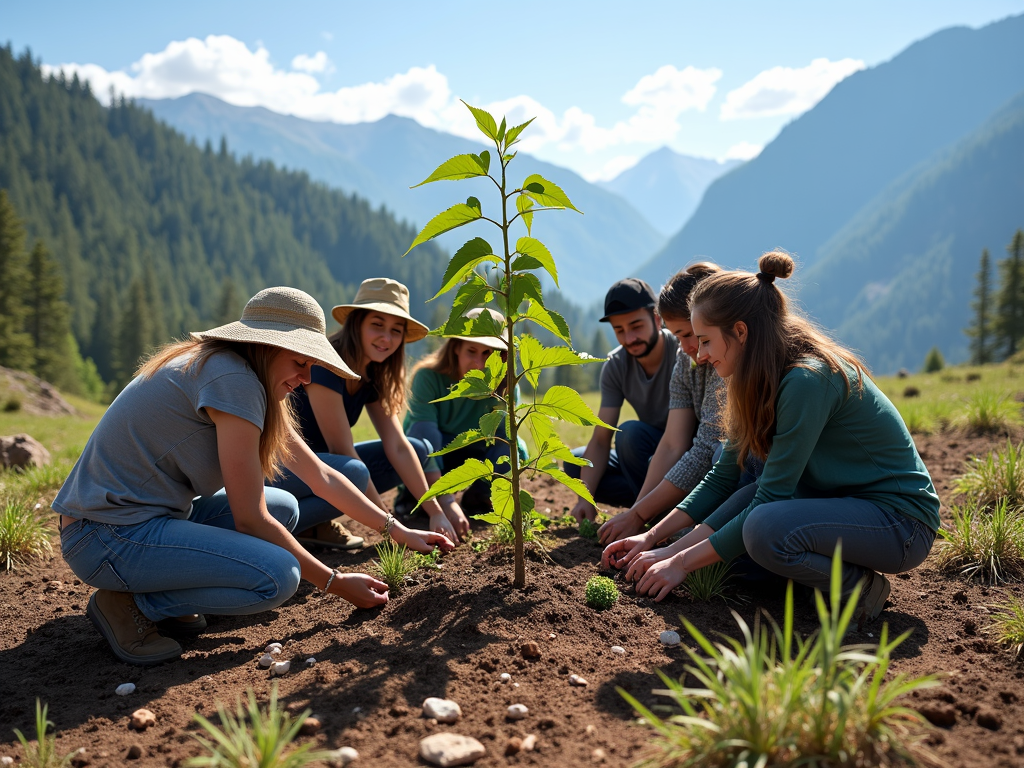Volunteer Abroad and Learn a Language: A Life-Changing Journey
By , June 6, 2025
Volunteering abroad while learning a language is more than just a trip—it's a transformative experience that combines cultural immersion, personal growth, and skill development. Whether you're teaching English in Thailand, building homes in Guatemala, or conserving wildlife in Costa Rica, this journey will broaden your horizons and leave a lasting impact on both you and the communities you serve.
Why Volunteer Abroad and Learn a Language?
Volunteering abroad offers a unique opportunity to immerse yourself in a new culture while making a positive difference. When you add language learning to the mix, the benefits multiply:
- Cultural Immersion: Living and working in a foreign country allows you to experience daily life, traditions, and customs firsthand.
- Language Acquisition: Practicing a new language in real-world settings accelerates your learning and boosts your confidence.
- Personal Growth: Stepping out of your comfort zone fosters resilience, adaptability, and self-discovery.
- Global Impact: Your volunteer work contributes to meaningful projects that address local needs and challenges.
According to a study by the University of California, Berkeley, students who participated in international volunteering programs reported significant improvements in language proficiency, cultural competence, and career prospects.

Choosing the Right Volunteer Program
With countless volunteer abroad programs available, it's essential to find one that aligns with your goals, interests, and values. Here are some tips to help you choose:
- Identify Your Purpose: What do you hope to achieve? Are you passionate about education, healthcare, environmental conservation, or community development?
- Research Reputable Organizations: Look for established organizations with transparent practices, positive reviews, and a track record of successful projects. The International Volunteer Programs Association (IVPA) is a great resource for finding accredited programs.
- Consider Language Learning Opportunities: Ensure the program offers language classes, immersion activities, or opportunities to practice with locals.
- Evaluate Support and Safety: Check if the organization provides pre-departure training, in-country support, and emergency assistance.
- Assess Costs and Funding: Understand the program's fees, what's included, and explore funding options like scholarships or crowdfunding.
| Factor | Questions to Ask |
|---|---|
| Purpose | What issues am I passionate about? |
| Organization | Is the organization reputable and transparent? |
| Language Learning | Are there structured language learning opportunities? |
| Support | What kind of support is provided before, during, and after the program? |
| Costs | What are the total costs, and are there funding options? |
Popular Destinations for Volunteering and Language Learning
Some countries are particularly popular for volunteer abroad programs due to their rich cultures, diverse volunteer opportunities, and language learning potential. Here are a few examples:
- Spain: Learn Spanish while volunteering in community development projects or teaching English.
- Thailand: Immerse yourself in Thai culture and language while working on education or conservation initiatives.
- Peru: Practice Spanish and contribute to social welfare or environmental projects in the Andes.
- Japan: Learn Japanese and participate in cultural exchange programs or disaster relief efforts.
Each destination offers unique experiences, so consider your language goals and personal interests when choosing a location.

Overcoming Challenges
Volunteering abroad and learning a language can be challenging, but these obstacles are often opportunities for growth. Here are some common challenges and how to overcome them:
- Language Barriers: Start with basic phrases and use language learning apps to build your vocabulary. Don't be afraid to make mistakes—locals appreciate your efforts to communicate.
- Cultural Differences: Research local customs and etiquette before you go. Be open-minded and respectful of different perspectives.
- Homesickness: Stay connected with loved ones through video calls and social media. Journaling can also help you process your experiences.
- Adapting to New Environments: Give yourself time to adjust. Seek support from fellow volunteers or program staff if needed.
Remember, these challenges are part of the journey and will ultimately make you more resilient and adaptable.
Making the Most of Your Experience
To maximize the benefits of volunteering abroad and learning a language, consider these tips:
- Set Clear Goals: Define what you want to achieve, both in terms of volunteer work and language learning.
- Engage with Locals: Participate in community events, join language exchange groups, and build relationships with locals.
- Document Your Journey: Keep a journal or blog to reflect on your experiences and track your progress.
- Stay Flexible: Be open to new opportunities and willing to adapt to changing circumstances.
- Give Back: Share your skills and knowledge with the community, and look for ways to make a lasting impact.
By approaching your volunteer abroad experience with intention and openness, you'll create memories and skills that last a lifetime.

Conclusion
Volunteering abroad while learning a language is a powerful way to expand your horizons, develop new skills, and make a positive impact on the world. By choosing the right program, embracing challenges, and engaging fully with the experience, you'll return home with a deeper understanding of yourself and the global community. Ready to embark on this life-changing journey? Start researching programs today and take the first step toward an unforgettable adventure.